Life
Sign up for our newsletter
We summarize the week's scientific breakthroughs every Thursday.
-
 Animals
AnimalsDolphins’ open-mouth behaviors during play are like smiles, a study claims
Experts urge caution in calling bottlenosed dolphins’ gesture a humanlike “smile,” but agree it seems to be important for how the animals communicate.
-
 Animals
AnimalsCoyotes have the face muscles for that ‘sad-puppy’ look
The ability to make heart-melting stares may not be the fruit of dog domestication if their still-wild cousins have the power to do it too.
By Susan Milius -
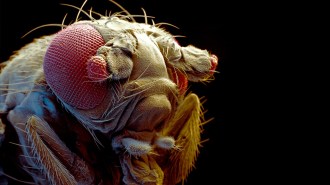 Life
LifeThe fruit fly revolutionized biology. Now it’s boosting science in Africa
African researchers are using Drosophila melanogaster fruit flies to advance studies of genetics, biomedicine, developmental biology, toxicology and more.
-
 Animals
AnimalsBird nests made with a toxic fungus seem to fend off attacking ants
Two species of birds in Costa Rica build nests in trees defended by ants. Ants that encounter the horsehair fungus in the nests develop odd behaviors.
-
 Animals
Animals‘Night Magic’ invites you to celebrate the living wonders of the dark
In the book ‘Night Magic,’ Leigh Ann Henion writes of encounters with salamanders, bats, glowworms and other life-forms nurtured by darkness.
-
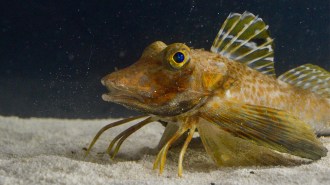 Animals
AnimalsThis fish has legs — and it uses them for more than just walking
Some sea robins have taste buds on their six crablike legs that help the fish ferret out prey buried in sand as they walk.
-
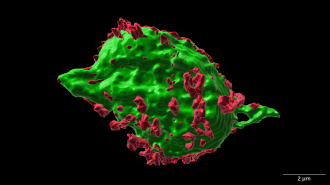 Neuroscience
NeuroscienceA study in mice hints at a new way to treat spinal cord injuries
The finding suggests that a drug to ease swelling can speed recovery and stop cell death.
-
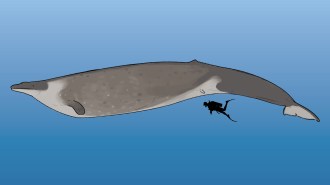 Paleontology
PaleontologySome of Earth’s extinct giants may have been smaller than thought
Evolving techniques and data indicate some ancient giants like Dunkleosteus and Megalodon may have been smaller than initial estimates suggested.
-
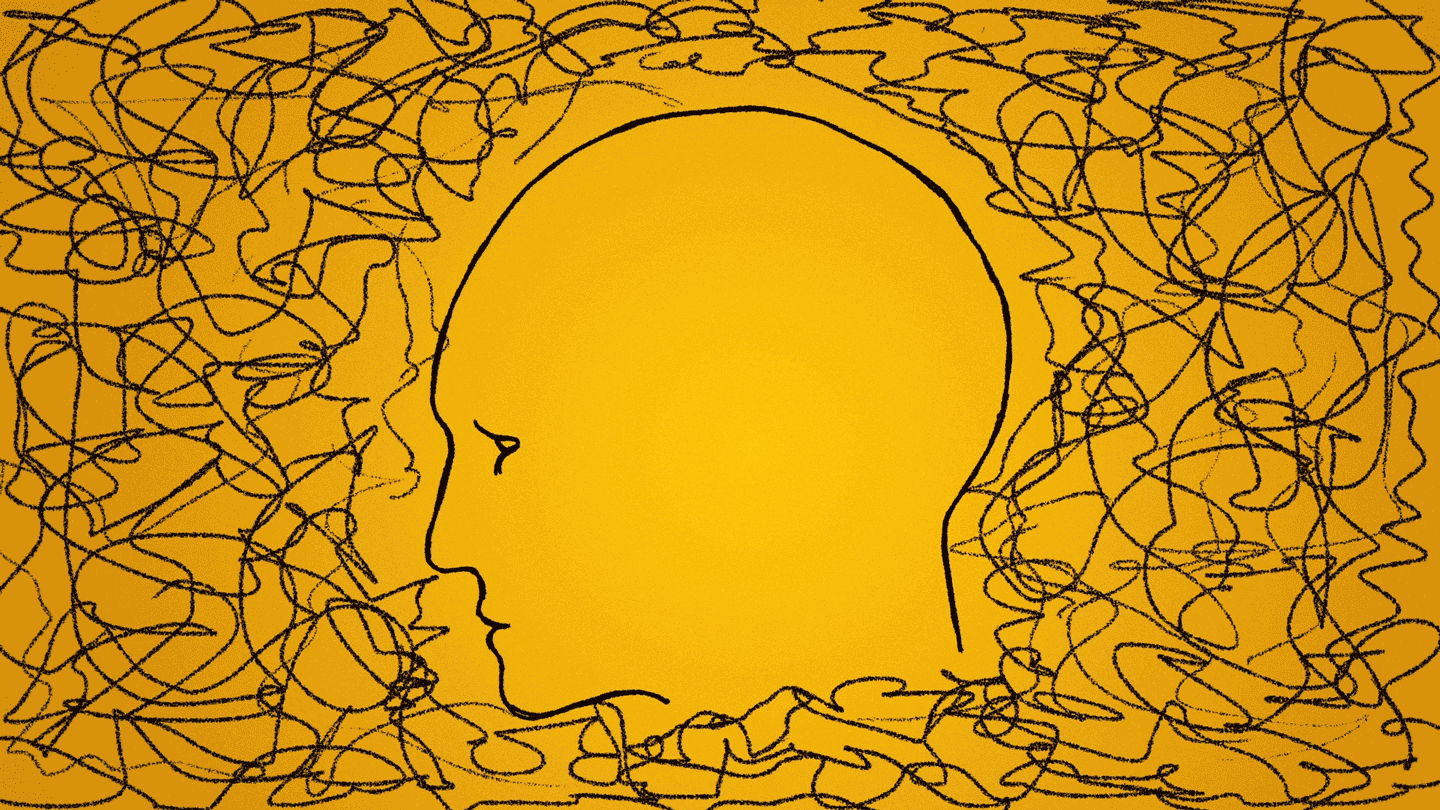 Psychology
PsychologyA brain network linked to attention is larger in people with depression
Brain scans revealed that teenagers with larger attention-driving networks were more likely to develop depression.
-
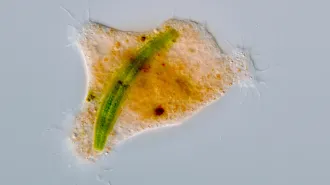 Microbes
MicrobesThis amoeba eats prey like owls do
Meet the ‘owl slime’ amoeba, which drains its prey and spits out the shell.
By Jake Buehler -
 Neuroscience
NeuroscienceA cell biologist is investigating the balance of brain flexibility, stability
Andrea Gomez, a Berkeley molecular and cell biologist, applies her wide-ranging curiosity to brains’ mysteries ranging from synapses to psychedelics.
-
 Life
LifeThis biophysicist’s work could one day let doctors control immune cells
The Stanford biophysicist thinks that understanding the mechanics of cell movement could allow scientists to manipulate immune cells.
By Meghan Rosen